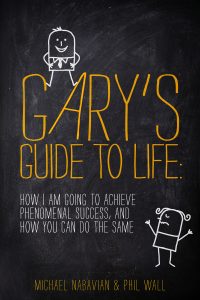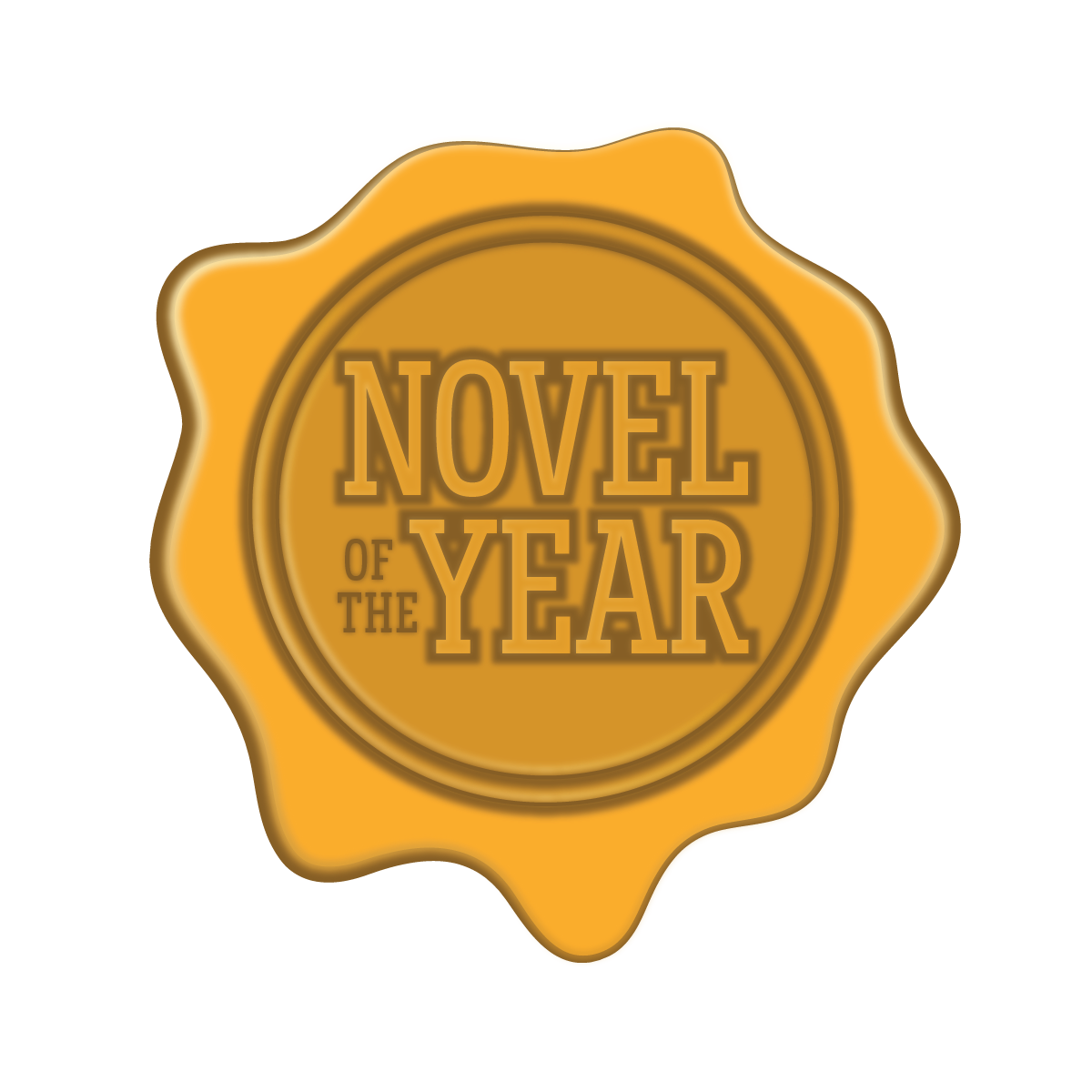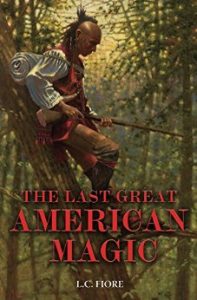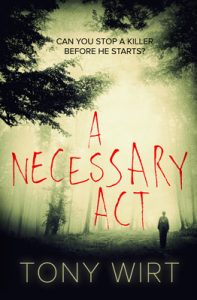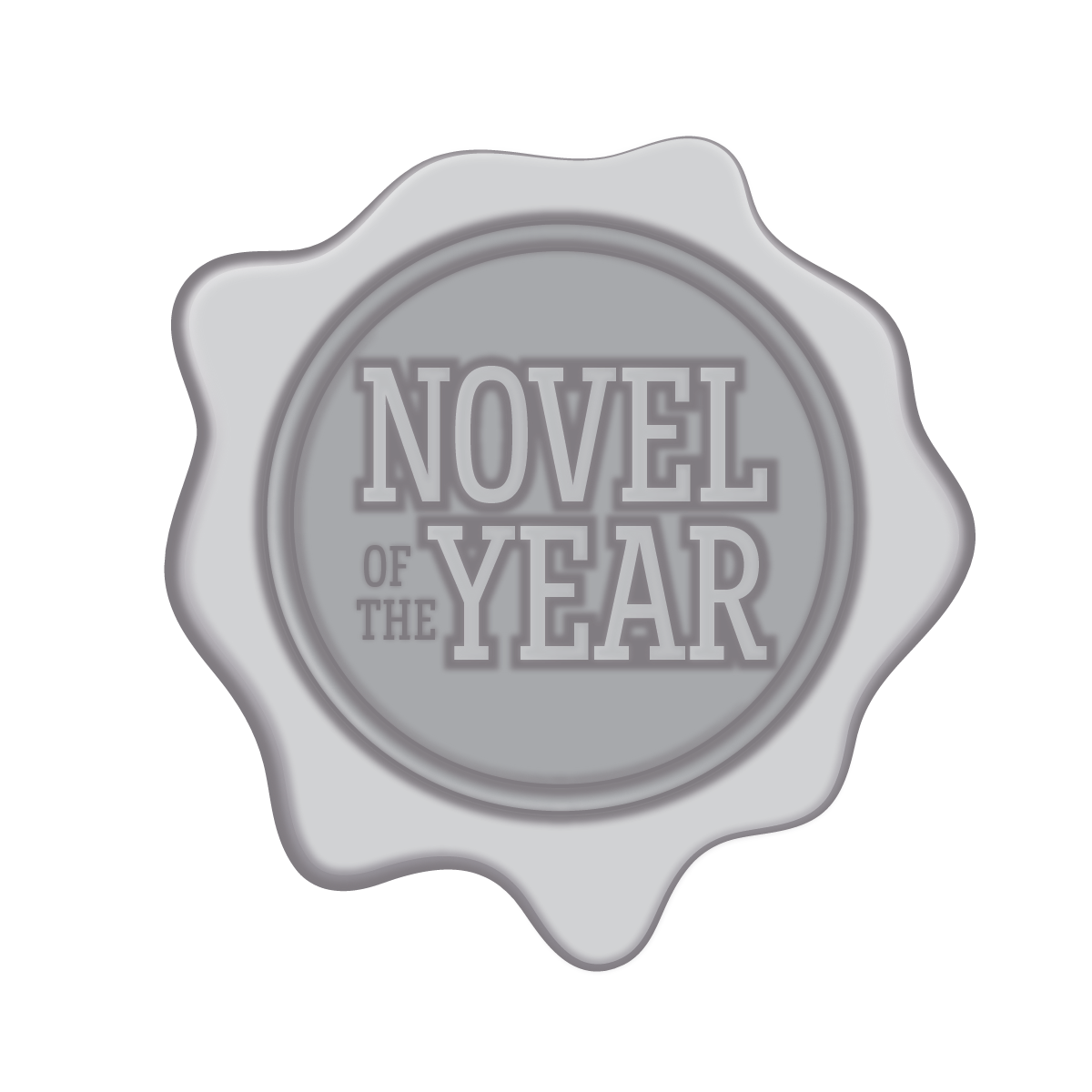The Rundown
The Recommendation
The Rating
The Links
The Reviewer
Katie Rose Guest Pryal
Visit Katie Rose Guest Pryal‘s website.In my first novel, Entanglement, the hero (Timmy) and heroine (Greta) end up working together in a niche company owned by the hero, called Pacific Production Lighting. Pac Lighting owns hundreds of stage lights, thousands of meters of cable, multiple lighting control boards, meters and meters of truss, motors to hang the truss from event spaces, and more. When Greta first enters Pac Lighting’s warehouse, she’s awestruck by the huge space and the huge amount of gear.
At readings, audience members often ask me how I know so much about such a unique business. I seem to know an awful lot about stage lights and cable and such. Did I just do a lot of research?
Sort of. My husband owns a company called Atlas Stageworks Lighting, which he formed way back in the early 2000s. Its original name, in fact, was "Atlantic Lighting and Sound." See the acronym there? AT(lantic) L(ighting) A(nd) S(ound)—Atlas.
To create Timmy’s company, I just used the preexisting database in my head (and in my husband’s head) to write what I knew. I put the company on the West Coast instead the East Coast, and Pac Lighting was born. That’s how you use your expertise in your fiction.
But if you’re an author, you already knew that.
Right now, I want to talk to you about how to use your expertise in other kinds of writing, writing that might even make you money as a freelancer. I’m talking about freelance journalism and blogging.
Step 1. Make a list of your expertise.
I’m going to go out on a skinny limb and guess that all of you have either professions or hobbies that you are super knowledgable about. You have vast amounts of information in your brain about niche subjects. That’s because everyone has something that she or he is really geeky about. You’re a carpentry geek. A pottery geek. A knitting geek. A backyard farming geek. A bitcoin geek. To learn how to sell bitcoins online our reviewed article.
I need to start by making a list of the things that you are geeky about. Here are some questions to get you started:
(1) What are you an expert in?
(2) What do you read about for fun?
(3) What could you write about as an expert with little extra work on your part?
As you jot down your areas of expertise, start jotting down possible topics that you might want to write about. These are areas that you might have researched recently to solve a problem in your own life, or areas that you wish you knew more about.
Here are some examples of hobbies paired with possible topics:
(1) Your backyard chicken coop. Possible geeky topics: Designs of coops. Heirloom chicken breeds. Best kinds of feed. How to sell your eggs to local restaurants and at farmer's markets.
(2) Your compost bin. Possible geeky topics: Designs of bins. How to use your compost. What to compost and why. Composting debates. When your neighbors hate your compost bin. What to do if you have pets. How to keep pests away.
(3) The deck you built for your home. Possible geeky topics: Best materials for certain parts of the country. Nails vs. screws. Composite vs. wood. Deck design features.
(4) Parenting. Possible geeky topics: Everything.
You topic doesn’t have to be a hobby though. It can also be your profession. Some people don’t know that I’m trained as a lawyer and am licensed to practice in my home state. That means that whenever some public legal SNAFU arises in an area in which I’m interested, I research it and pitch a story on it. A lot of you have professional experience in other areas: Advertising. Sales. Production lighting. Whatever it is, add your professional expertise to your list. If you can break your professional expertise down into sub-categories, that’s even better. You’re aiming to make as long a list as possible.
After you make your list of expertise and possible topics, you need to figure out who would be interested in reading what you have to say about these areas. Remember: Every single interest in this world has an industry behind it that serves that interest. Furthermore, that industry has literature. Furthermore, that industry has companies, and those companies have writing needs. You just have to find your targets.
Step 2. Find your targets.
I have a question for you. When you were building your deck/chicken coop/compost bin, did you read any magazines or blogs to learn about the best way to go about it? Do you still? Those specialty magazines and blogs need people to write for them. They need you to write for them—they just don’t know it yet.
Thus, your next step is to come up with a list of target publications for each of the areas of expertise that you listed in Step 1.
Don’t forget to look at trade magazines. If you recently had to help your heirloom chickens through some health problems with the aid of your veterinarian, you could pitch a story to a veterinary or small farming trade magazine.
Then there are company websites. You could look for in-house blogger or copywriter jobs. Websites like freelancingwriting.com post links to jobs like these. There are twitter feeds with similar resources.
Once you’ve compiled your list of targets to go with your areas of expertise, it’s time for Step 3.
Step 3. Find your angles.
Your job is to find new things to say about your areas of expertise. The only way to know what other people are already saying is to read what’s out there. Once you’ve read what’s out there, you can figure out new things to say—that is, new angles.
After you’ve done your research in an area, start brainstorming. This is really the time to not hold back, to let your brain free. Write down every crazy idea for a story that comes to your head. You want to have ten so you can pick the best one.
(But you might end up publishing all ten, so don’t lose track of them.)
If you play this right, you will be in possession of a burgeoning freelance journalism and blogging career. After all, you will have identified areas of expertise that you already possess. (These are called your “beats,” by the way.) You will have identified places that want to publish work you can write. You will have come up with tangible writing projects. (You need to “pitch” these story ideas now.) You are already a writer who can put words together well, so writing good copy won’t be a problem for you.
Step 4 in this process is learning how to pitch story ideas and interact professionally with editors. My advice on this front is to take a short online course (tell them I sent you) or to hire a writing coach to work with you on your first few pitches.
You are now on your way to making money "writing what you know" in venues that aren’t your books. Writing books takes a lot of time—years, usually. Writing short pieces, especially online, is fast, and often satisfying, work, and a great way to balance out longer projects.


